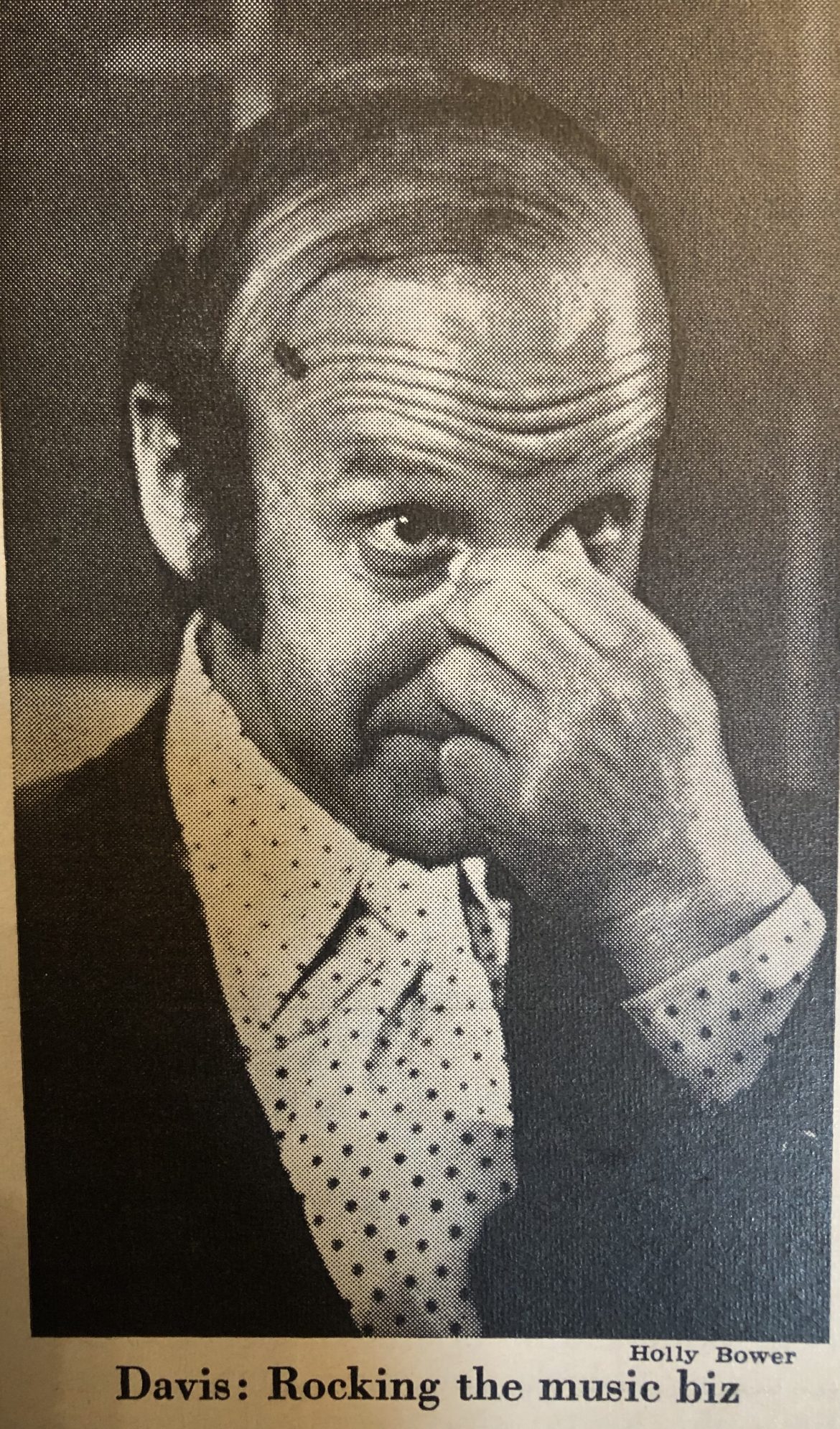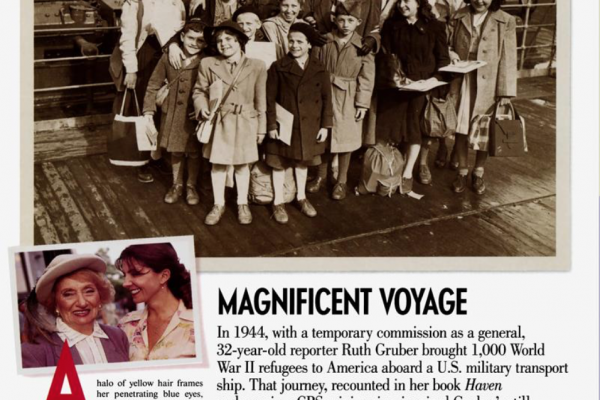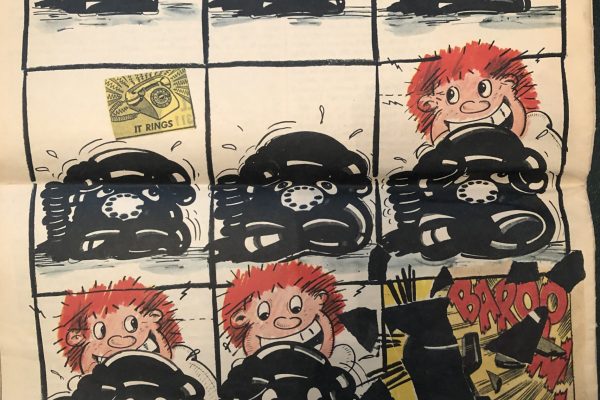Original Publication: Newsweek, June 11, 1973.
It was the biggest shock to hit the multi-billion-dollar record industry since the payola scandals back in the late ‘50s. Suddenly, last week, CBS fired its Golden Boy, Clive Davis, president of the CBS Records Group and the No. 1 recording executive in the country. CBS also announced it was suing Davis for the return of $94,000 of company funds which he allegedly spent for unauthorized purposes—such as decorating his New York apartment, throwing his son a lavish bar mitzvah and renting a Beverly Hills summer home.
Few inside the record business believed, however, that that was the whole story. There was reason to believe a new payola scandal of national proportions was brewing, and that it might involve payoffs, drugs and money machinations throughout the recording industry.
According to the CBS suit, Davis and his vice president for artist relations, David Wynshaw—along with Columbia Records accountant Anthony Rubino—falsified invoices to pay off carpenters and caterers illegally for Davis. CBS also alleges that Wynshaw, who in his job was responsible for handing out favors and hospitality to Columbia artists, had handed out a favor to Davis as well—in the form of a cash payment of $6,500 in hundred-dollar bills. The suit further states that other “substantial sums of money” are involved. Just how much, CBS isn’t saying, but a Columbia spokesman at first asserted and later denied the figure was as high as $800,000.
The 40-year-old Davis was given the authority to spend that kind of money without question because of the brilliant job he had done for CBS. Beginning as deputy counsel for Columbia Records is 1960, Brooklyn-born Davis, who had worked his way through Harvard Law School, was made president of Columbia Records in 1967 and the Records Group division president in 1971. During that time he assembled the most impressive roster of talent of any record company today, spanning rock, country, classical, show tunes and rhythm and blues. He signed such names as Janis Joplin, Santana, Blood Sweat and Tears, and moved rock from 15 per cent of Columbia Records’ volume to over 50 per cent. Under his tutelage the CBS Records Group cornered 22 per cent of the record market, grossing $340 million in sales last year. For his efforts Davis was made a director of the corporation, and earned in salary and benefits more than $350,000 in 1972.
Expenses: Columbia’s dismissal of Davis was not taken at face value by everyone in the business. Was CBS really prepared, they asked, to fire their top moneymaking executive, a man who had been touted for the CBS presidency itself, because of $94,000 in suspect expenses? Would Davis risk his career for such relatively small potatoes? Why did CBS fire him so precipitously (he was hauled before the directors to be told the news and upon his return to his office all his belonging were crated, ready to be cleared away)? “Davis was too big to fire that quickly for what they said they fired him for,” says a longtime record executive. Insiders argued that house rentals and bar mitzvahs are legitimate expenses in an industry where lavish entertaining is an everyday part of doing business. “This happens all the time,” says one record-company official, “and most of the time they just say ‘Give the money back’.”
Many music insiders are convinced Davis was the victim of a power struggle. There was speculation that both his success and his methods irritated new CBS president Arthur Taylor. And not every Davis deal was a bonanza—for example, he has been criticized for signing composer-singer Neil Diamond to a five-year, $4 million contract which has yet to pay off. Davis made all decisions about signing artists himself, and some saw this and the personal publicity her received as arrogance. “Clive was sometimes arrogant,” says Jack Holzman, president of Elektra Records, “but I’m not sure that wasn’t the best way to be in dealing with a major monolith like CBS.”
Neither CBS nor anyone else was accusing Davis or Wynshaw of involvement with payola. But the industry buzzed last week with new talk about that old bugaboo. “Hospitality in the rock world dictates you provide dope, and the dope of the day recently has been cocaine,” says rock writer Albert Goldman. “Most of these people can’t get it together for a recording session or a party without it.” There have been rumors as well that drugs, specifically cocaine, have been used by some companies to pay off disk jockeys for playing their records.
Goddard Lieberson, the CBS corporate vice president who was moved in to replace Davis as president of the CBS Records Group, instantly made a strong statement on the subject of drugs. “I emphatically deny any drug involvement,” he said. Many record-business people were skeptical of Columbia’s claim to be clean. “In the advertising world, it’s Martinis,” said one record producer. “In the music world, it’s cocaine.”
Indeed, clean is not necessarily spotless. NEWSWEEK has learned that both Davis and Wynshaw have been called to testify before a grand jury that is presently investigating whether there is a widespread payola involving both cash and drugs in the recording industry. The probe has already revealed that substantial amounts of cash are passed, on a weekly basis, to outside tipsters who in turn pay off disk jockeys. The results of the probe could shake the recording industry as much as the last payola scandals did in the ’50.
“Ten years ago,” said one male superstar, “the disk jockeys were into chicks and free vacations. Now it’s grass, hash and coke.” Payola takes other forms as well, according to NEWSWEEK sources. Lavish press parties, hookers and booze are still a part of it, so are kickbacks from travel agencies and hotels where record-industry conventions are held. Thousands of free record albums may go to some disk jockeys who own record shops on the side—a practice particularly prevalent at black rhythm-and-blues stations where salaries are low. These Deejays in turn plug the albums on the air. In San Francisco, there is a reputed “suit shop” where disk jockeys order as many as five suits at a time and record companies will pick up the tab. In more subtle forms of payola, says NEWSWEEK’S sources, some record companies are now even buying “air time” at big record stores, paying to have their albums played while customers browse through the racks.
Ironically, the firings of both Davis and Wynshaw were triggered by an accident. As director of artist relations, Wynshaw dealt with virtually all of Columbia’s artists and their managers. One of these was a man named Pasqual Falcone, who managed, among others, country singers Lynn Anderson and Tommy Cash, both Columbia recording artists. Las February Falcone was indicted with seven others by a Federal grand jury on 26 counts of “violation of Federal narcotics laws and conspiring to import and distribute heroin in the U.S.”
In the course of its investigation of Falcone, the FBI ran across Wynshaw’s name. (Wynshaw subsequently testified before the grand jury investigating Falcone and was cleared of any illegal involvement with him.) When the FBI passed Wynsahw’s name to CBS higher-ups, CBS immediately fired Wynshaw and padlocked his office, and while CBS audited Wynshaw’s books, the FBI scoured the files. CBS said its investigation turned up false invoices and other papers which led to the firing of Davis
Renovations: Neither Davis nor Wynshaw was available for comment. NEWSWEEK learned that Davis had been scheduled to testify last week before the grand jury, but that a postponement of his appearance had been obtained by his attorney, former New York City Police Commissioner Vincent L. Broderick. It seems unlikely that the grand jury wanted to discuss bar mitzvahs or apartment renovations with Davis. All of which led to speculation that other things were brewing. “CBS doesn’t sue a Clive Davis just for $90,000,” said an official at Atlantic Records. “They’re trying to get out of something fast.”
When rumors arose last year that drugs were being used as payola, Stanley Gortikov, president of the Recording Industry Association of America, issued a stern warning. “These reports, if true,” he said, “mirror a reprehensible condition for all of us both commercially and morally.” Some record executives think the business is due for a housecleaning. “I think it’s time it happened,” says an executive at A and M Records. “The record industry is in the process of becoming as excessive and fat as the picture business was in the ‘50s. If this thing shakes up the industry and changes it for the better, that’s terrific.” A San Francisco music-business attorney summed it up another way: “I think you’re going to see an awful lot of record-promotion guys walking around with coats, ties and briefcases from now on.”
Maureen Orth with Hubert Saal and Peter Greenberg.
This article is typed from the original material. Please excuse any errors that have escaped final proofreading.



